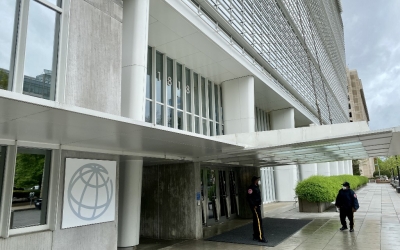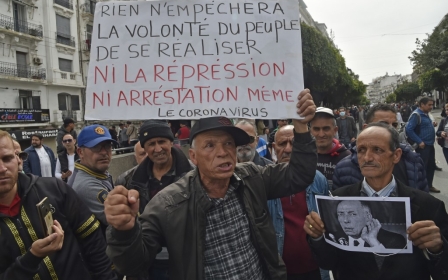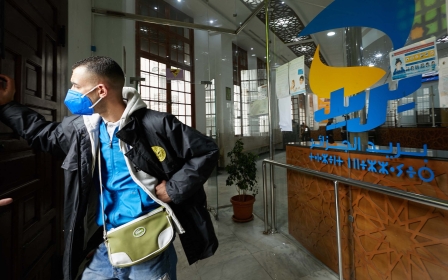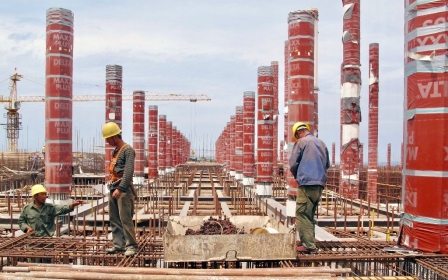Algeria presidency says national budget must be slashed by half
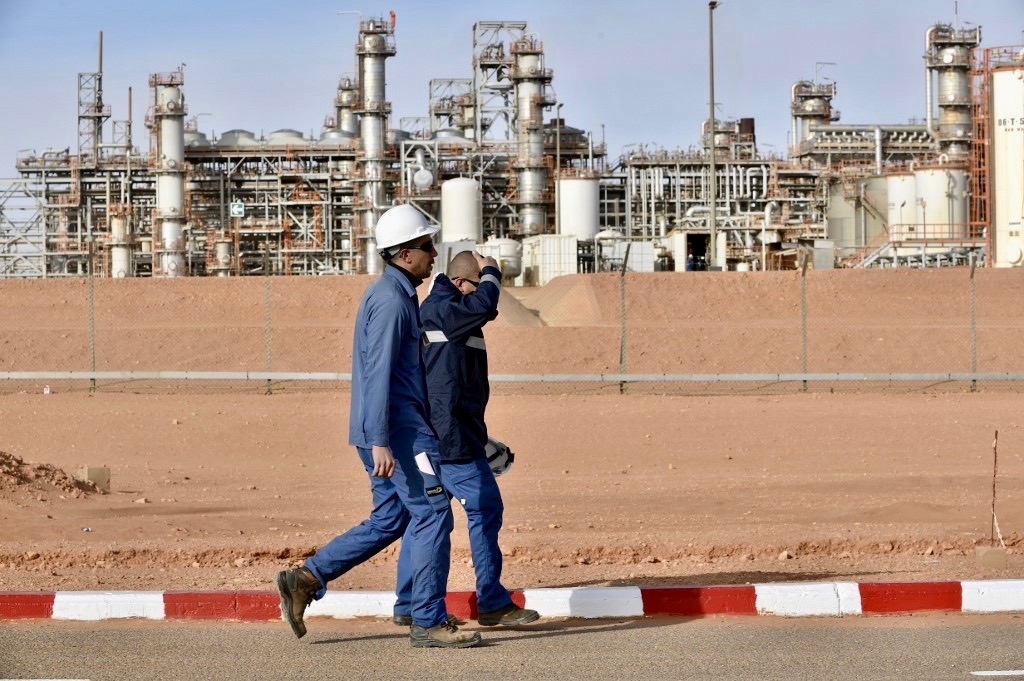
The Algerian government decided on Sunday to reduce the national budget by half amid a financial crisis caused by the global collapse in oil prices and worldwide coronavirus lockdowns.
The government has decided to reduce the budget by "50 percent" for this year, President Abdelmadjid Tebboune's office said in a statement cited by AFP.
Despite this huge reduction, the government also agreed at a cabinet meeting to increase the minimum wage from 18,000 dinars ($140) per month to 20,000 dinars, while income tax will be abolished for those earning 30,000 dinars or less, the statement said.
The government also postponed from Sunday until 10 May consideration of a finance law that seeks to frame a response to the coronavirus pandemic.
A collapse in hydrocarbon prices this year - caused by plunging demand amid societal lockdowns designed to combat the spread of the virus and exacerbated by a brief price war between key players Russia and Saudi Arabia - is putting ever greater pressure on Algeria's external accounts.
Algeria's Saharan Blend was recently trading at less than $20 a barrel, while this year's budget was based on a price of $50 a barrel, Reuters said. Benchmark international crudes are trading at their lowest in about two decades.
Algeria, which has joined Saudi Arabia, Russia and other oil producers in a global deal to curb oil supplies, has repeatedly said it aimed to diversify away from oil and gas but has proved reluctant to open up an economy dominated by state industries.
"In the short term, Algeria can resist the consequences of what is happening in the oil market ... But this exceptional situation requires urgent structural, economic and financial reforms," El Houari Tighersi, a member of the parliament's finance committee, said last month.
Even before this year's crisis took hold, Algeria's foreign exchange reserves had fallen to $62bn at the end of 2019, from $180bn in 2014.
The draft law factors in a plunge in oil receipts this year to $20.6bn, compared with the $37.4bn previously anticipated.
Tebboune on Friday had ruled out approaching the IMF for a bailout, contending that "accumulating debt harms national sovereignty" when it is owed to foreign institutions.
He said he preferred to rely instead on domestic borrowing.
Middle East Eye delivers independent and unrivalled coverage and analysis of the Middle East, North Africa and beyond. To learn more about republishing this content and the associated fees, please fill out this form. More about MEE can be found here.


